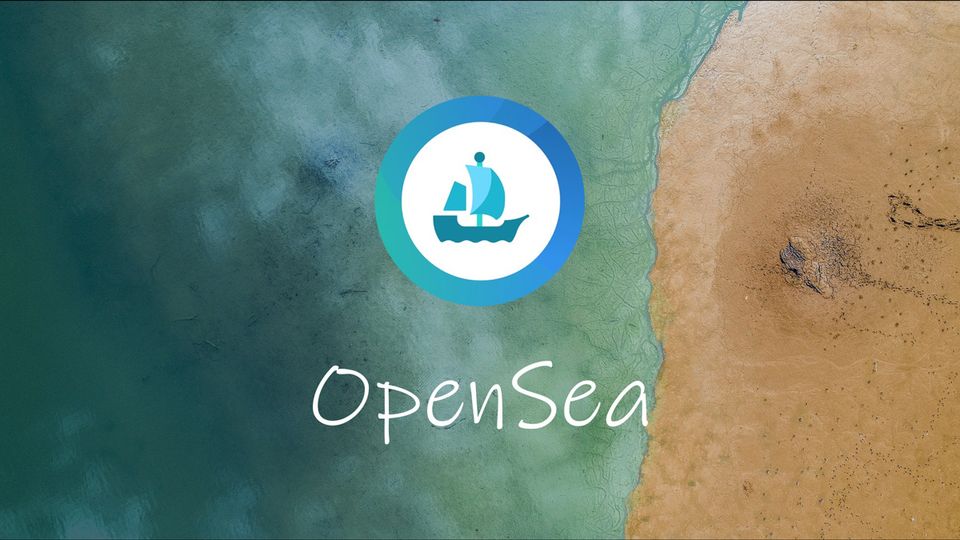What is OpenSea? Crypto Collectibles Marketplace

As interest grows around the exploding digital art scene in the form of crypto-collectibles and non-fungible tokens, so has the requirement for a secure marketplace for exchanging all these unique assets. OpenSea is the first, and industry-leading decentralized exchange, for trading digital art on Ethereum. It seems certain now, with products such as Aavegotchi or Yearn Finance’s yInsure, that NFTs are going to take a bigger role when it comes to tokenization of assets and contracts in DeFi. A scenario that only means OpenSea is going to continue growing.
What is OpenSea?
At its core, OpenSea is an open-source decentralized exchange, where users can trade tokens. However, unlike Uniswap or Sushiswap, OpenSea is not for trading ERC20 tokens such as YFV or CREAM. OpenSea lets you trade non-fungible token standards such as ERC721 or ERC1155. These are the token standards for crypto art and collectibles.
Before its launch, collectors had no way to trade NFTs or collectibles apart from going to over-the-counter (OTC) deals. A situation which relies solely on trust, and hence brings a lot of risks. OpenSea enables users to immediately bid for items owned by another user. And once a seller accepts a bid, then the exchange happens securely in a decentralized manner. While other marketplaces to trade NFTs do exist, such as Rarible or SuperRare, OpenSea has been able to remain the number one marketplace by integrating other marketplaces into their platform.
In The Same Flavor:
As a result, OpenSea has become a kind of aggregator of nearly every crypto collectible marketplace in the industry. For example, you can use their statistic pages to get a good sense of what type of assets are trending on the collectibles markets.
What is a non-fungible token?
Non-fungible tokens are smart contracts that contain unique identifying information. Its this information record that makes them unique, ensuring that they can’t be replaced or copied by another token. As a result, no two NFTs are alike. For example, Ethereum is a fungible token. You can send someone 1 ETH, and they could send you 1 ETH back. The value may change, but it is still one Ethereum. Furthermore, fungible tokens are divisible, meaning you could send any part of an Ethereum.
Non-fungible tokens are not divisible. You may find it easier to think of them like baseball cards, you can’t send someone half of a baseball card. Just half of a baseball card would not be worth anything. CryptoKitties collectibles are usually known for making the crypto-collectibles standard famous. In the game, each blockchain-based cat is unique. Therefore, if you send a CryptoKitty to your friend, it would be entirely different than the one they send in return.
